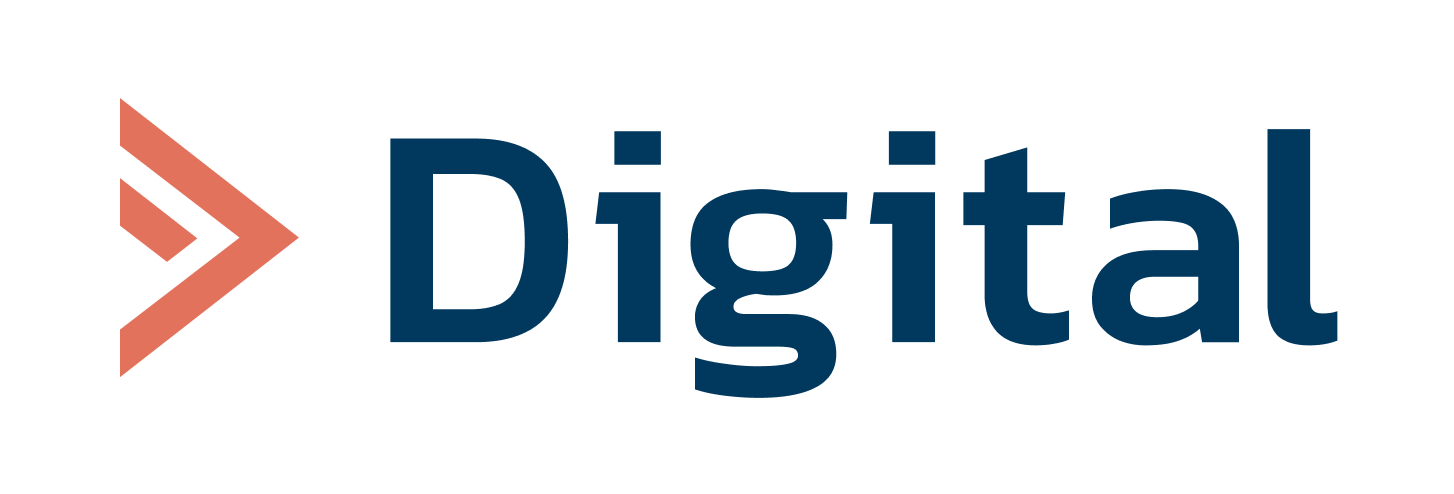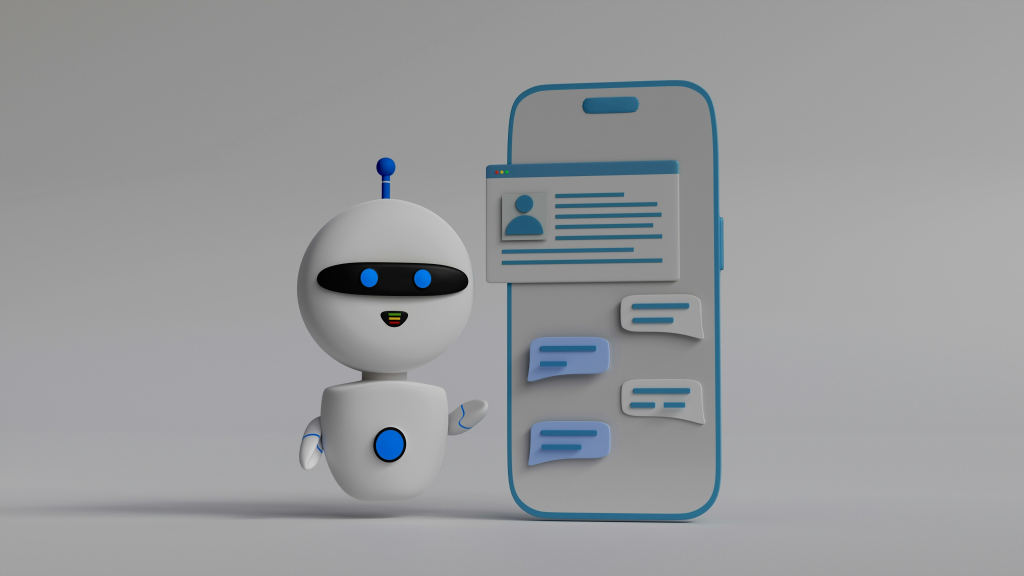A grieving family whose loved one passed away from a heart attack faced yet another challenge — a staggering $195,000 hospital bill for just four hours of care. The patient’s insurance had expired a few months earlier, and the family received an itemized statement that was nearly impossible to decipher. In their difficult situation, they decided to try a paid subscription to the popular AI chatbot Claude, which costs around $20 per month.
After they entered the billing data, the chatbot flagged repeated charges — the same procedure was billed both as a “master procedure” and again for each of its components — a common billing error or even potential abuse. Claude also detected that the hospital used inpatient and intensive care codes in a way that might violate Medicare payment regulations.
Following the chatbot’s guidance, the family began negotiations with the hospital — supported by a letter generated by the AI — and ultimately managed to reduce the bill to $33,000. Although the amount was still substantial, it was many times lower than the original total. Unfortunately, these figures haven’t been independently verified (the story relies solely on the author’s account), but this case clearly shows how quickly AI is becoming useful in everyday life.
It’s also worth noting that many people — especially those in emotionally difficult situations — lack the energy or knowledge to analyze and dispute complex, fragmented, or opaque medical bills. In this case, the chatbot acted as an advisor, capable of scanning documents, spotting inconsistencies, and simplifying communication with the medical facility.
Unfortunately, this situation also highlights how hospital bills in the U.S. can be so complicated and nontransparent that people without specialized knowledge often just accept them as-is. This case demonstrates that AI could become an accessible tool for “ordinary” people — offering an alternative to costly consultations with lawyers or insurance advisors.
That said, it’s important to stress that using AI does not replace professional legal or billing expertise. It’s unclear whether all of the AI’s findings were fully accurate or whether this success could be replicated in other cases. Caution is strongly advised when using such tools in matters traditionally handled by legal professionals — because you can never be entirely sure whether the AI is right, or simply fabricating a convincing answer.


